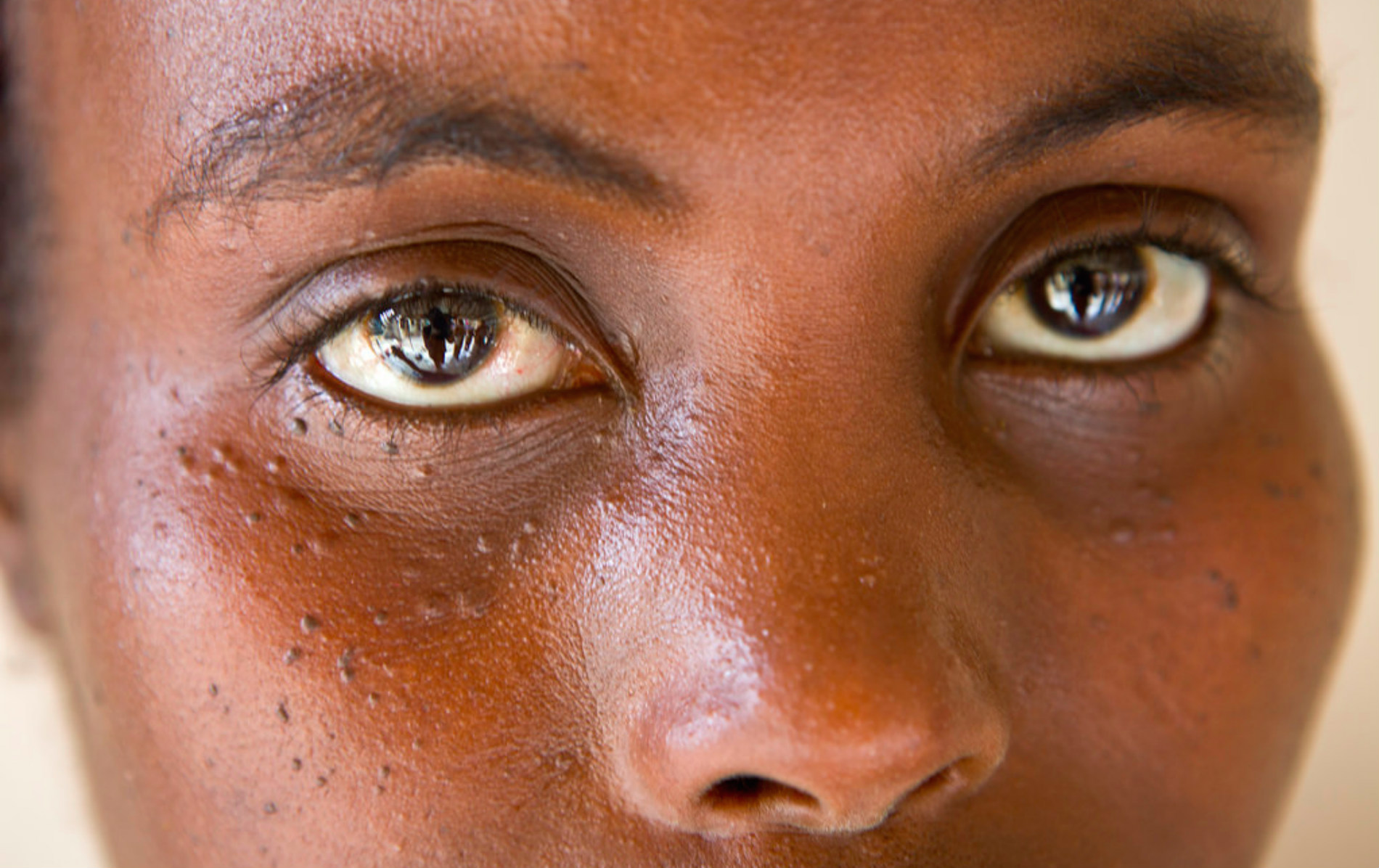This week Lacuna continues its focus on women’s rights and gender equality.
A few weeks after #Nigeriadecides in an election where, according to Wole Soyinka, ‘all scruples have been set aside’, we look to the experiences of women living in Borno State, in the north-east of the country. A year ago today Boko Haram kidnapped more than 200 female students from Chibok. This event captured the world’s attention and even the America president’s wife joined the campaign to #bringbackourgirls. This image of the oppressed Muslim woman or girl needing rescue chimed with popular narratives (prior to and since Boko Haram have kidnapped hundreds of men and women), but it ignores the complex social and economic dynamics at play. In an in-depth piece for Lacuna Chitra Nagarajan reports on the varied roles women have played in negotiating the release of those kidnapped, the trauma of continued conflict and its effect on social infrastructures, as well as their roles as soldiers both with and against Boko Haram.
There has been much soul-searching among the political establishment since Scotland’s independence referendum vote in September last year. Voter turnout was a huge 84.6% and every political party is fighting to sustain that interest with progressive messages in the run up to the UK general election in a few weeks. But there is still very little debate on gender equality, despite a wealth of grassroots and academic analysis work on the issue. In a reflective piece for Lacuna Angela O’Hagan discusses this extensive work, the role it played during the referendum campaign last year and the gender gap in ideas and representation across the political spectrum.
In the past, a topic like Female Genital Mutilation only hit British headlines in reference to other countries, perhaps in the context of international development policy. But recently the UK government has recognised that many British girls and women have been cut and that the practice is widespread in this country. National media campaigns were launched and a parliamentary inquiry into the issue took place. However, says veteran campaigner Naana Otoo-Oyortey in her article for Lacuna, the direction of this zeal is misplaced, focusing too much on prosecution and little time spent thinking about how to prevent FGM happening in the first place.
And finally we visit Mexico, where Alison Struthers considers the role of human rights education in social change. The shadow of the Faltan 43, a group of students kidnapped in Iguala on their way to a protest, hung heavy during Alison’s visit. Ordinary Mexicans are angry with the state, with corruption and inequality, but are they ready to embrace a culture of human rights?
